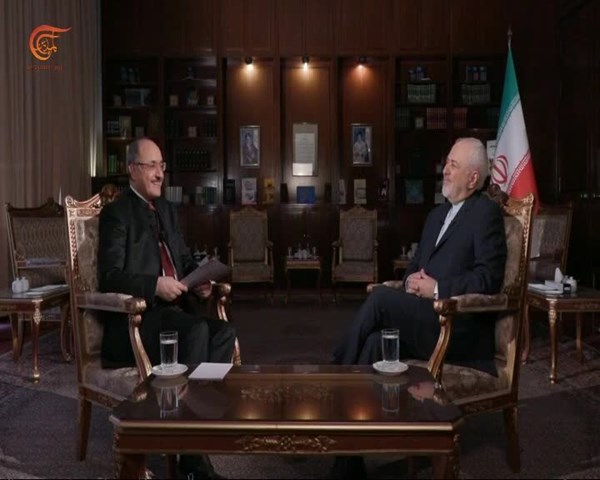Explaining about possible economic isolation of the US, Zarif said, “The Americans abuse the dollar’s power too much, and will gradually lose this advantage.”
Iran’s top diplomat then added, “We are prepared to confront whatever threat [posed] by the US on whatever scale.”
After leaving the nuclear agreement, which is officially known as the Joint Comprehensive Plan of Action (JCPOA), the US re-imposed the sanctions that had been lifted under the deal. It has also threatened the countries keeping their trade with Iran with “secondary sanctions.”
This has prompted Iran’s various trade partners across the globe to try going around the sanctions by proposing non-dollar trade.
Britain, France, and Germany, the European signatories to the JCPOA, announced one such trade system in January. The system, officially known as the Instrument in Support of Trade Exchanges (INSTEX), began its first transactions late last month.
Seven more European states have committed to join the INSTEX, with Helga Schmid, secretary general of the European Union’s External Action Service (EEAS), saying on Thursday that beyond the 10-strong European states, “more, also non-EU member states, will join” the trade instrument.
‘Iran region’s strongest state’
Elsewhere in his interview, Zarif reminded how the country successfully withstood a heavily Western-backed war by Iraq in 1980s.
“Today, we are the region’s most powerful country, while our military expenditure is small in comparison with that of Saudi Arabia and the United Arab Emirates,” he stated, referring to two of the US biggest regional allies, which are generously armed by Washington under huge military agreements.
Iran is not after tension and war, but “they would be met with a decisive response if they rose in confrontation,” Zarif, however, stated.
He also reiterated that Iran’s countermeasures were “reversible” if the US sanctions were lifted and the Europeans honored their trade commitments to the Islamic Republic, welcoming whatever effort that would help the deal implementation.
